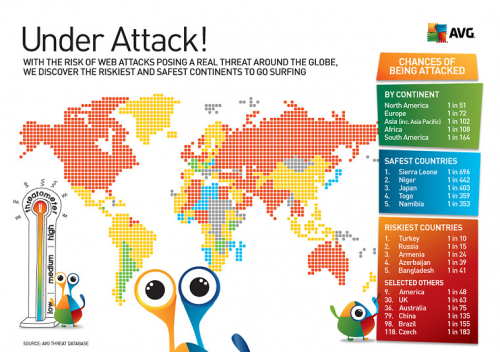Unorthodox thinking is essential to overcoming the most persistent challenges in global health. Vaccines were first developed over 200 years ago because revolutionary thinkers took an entirely new approach to preventing disease. Grand Challenges Explorations fosters innovation in global health research.
The Bill & Melinda Gates Foundation has committed $100 million to encourage scientists worldwide to expand the pipeline of ideas to fight our greatest health challenges.Launched in 2008, Grand Challenge Explorations grants have already been awarded to 340 researchers from 34 countries.
Open to All Disciplines: Anyone Can Apply
The grant program is open to anyone from any discipline, from student to tenured professor, and from any organization – colleges and universities, government laboratories, research institutions, non-profit organizations and for-profit companies.
Agile, Accelerated Grant-Making
The initiative uses an agile, accelerated grant-making process with short two-page applications and no preliminary data required.
Applications are submitted online, and winning grants are chosen approximately 4 months from the submission deadline.Initial grants of $100,000 are awarded two times a year. Successful projects have the opportunity to receive a follow-on grant of up to $1 million.
Example: Water Sanitation Challenge that earns $100,000
De-compartmentalizing science through Grandchallenges.org
Phi Beta Iota: The problem with this well-intentioned initiative is that it throws money as items in isolation. All well and good. It would be much more impressive if it had a strategic analytic model that emphasized healthy lifestyle, healthy environment, and natural/alternative cures; and if it demanded some form of intelligence coordination in relation to all the other policies that impact on health far more negatively that we can solve–the bottom line is that we are killing our species faster than any amount of innovation can help it survive. In our humble opinion.



